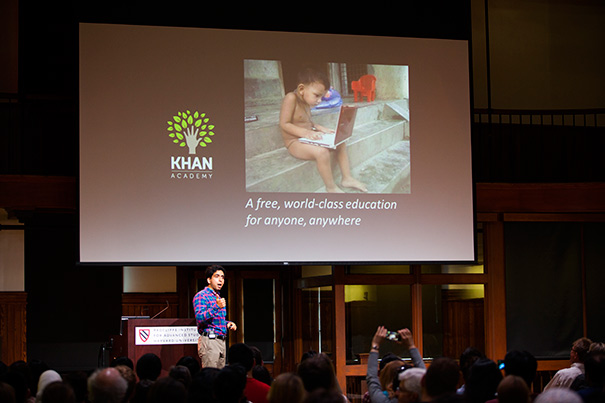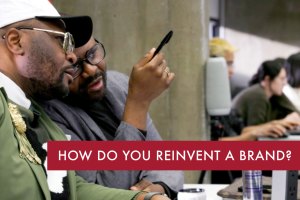Nation & World
-

Worried about how AI may affect foreign policy? You should be.
Experts discuss vulnerabilities, need for oversight of tech development, regulation
-
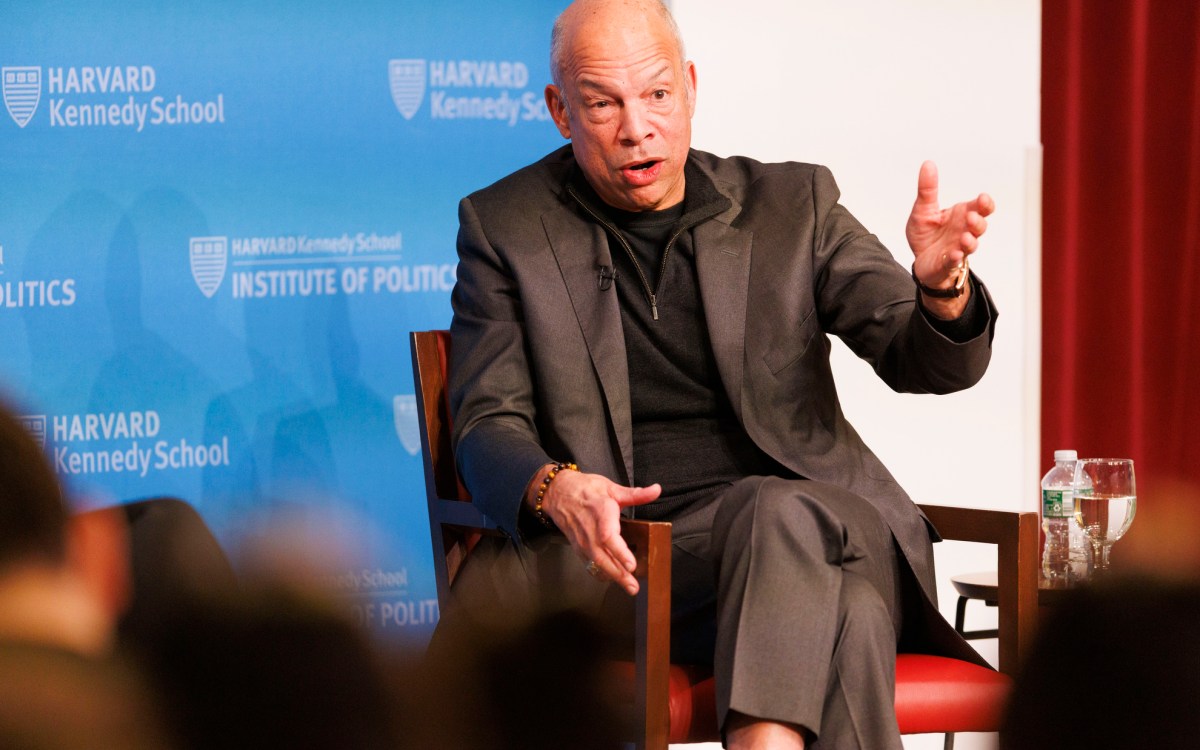
Border security isn’t really the problem
Former Homeland Security Secretary Jeh Johnson says current backlash is owing to cloudy mission, aggressive tactics
-
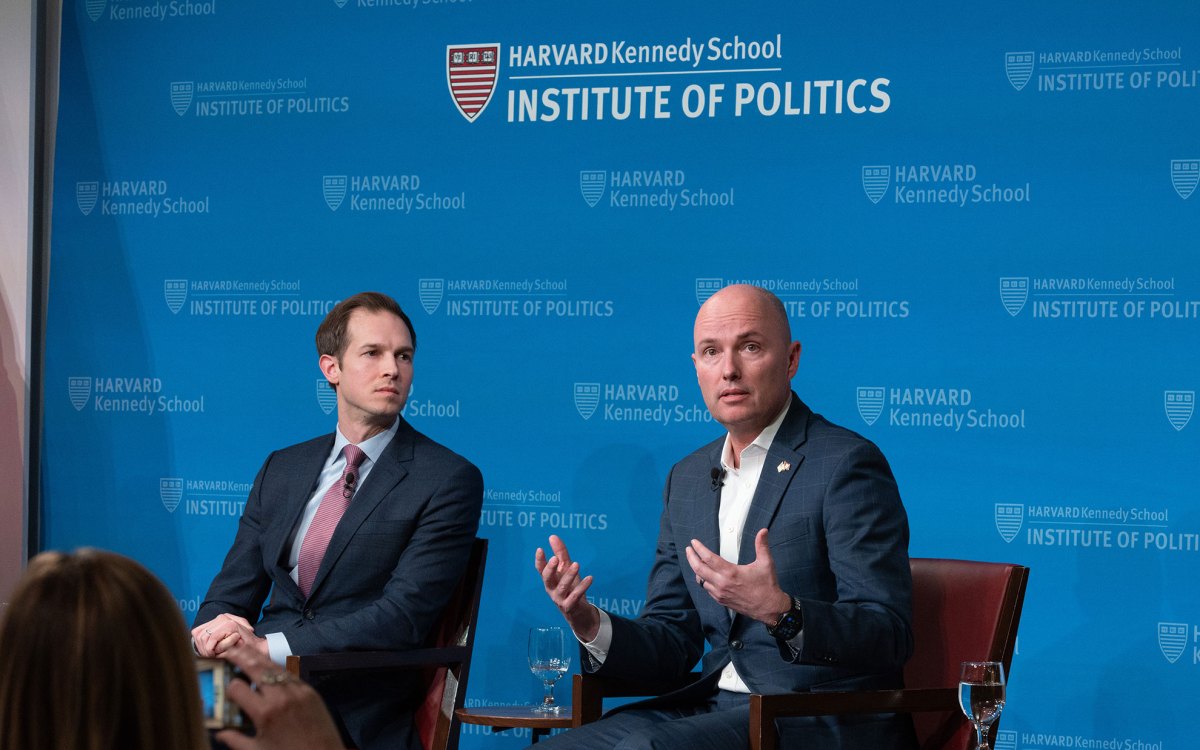
A start in bridging divisiveness: Rein in social media
Republican Utah governor, Democrat U.S. congressman find common cause
-
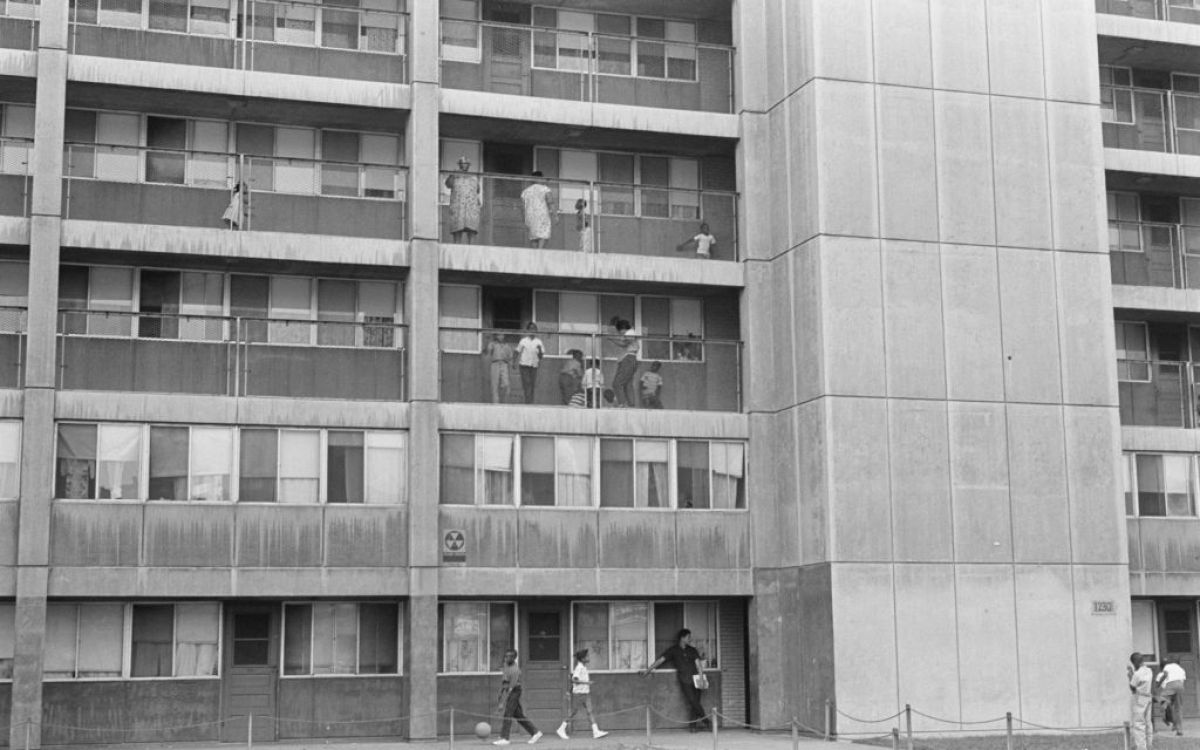
How design of public housing can lift future prospects of children
New research builds upon previous work that focused on moving families from high-poverty areas, broadening social milieu of young
-

How to help lift slumping American math scores
Scholars see solutions in classroom creativity, higher teacher pay — and attendance
-
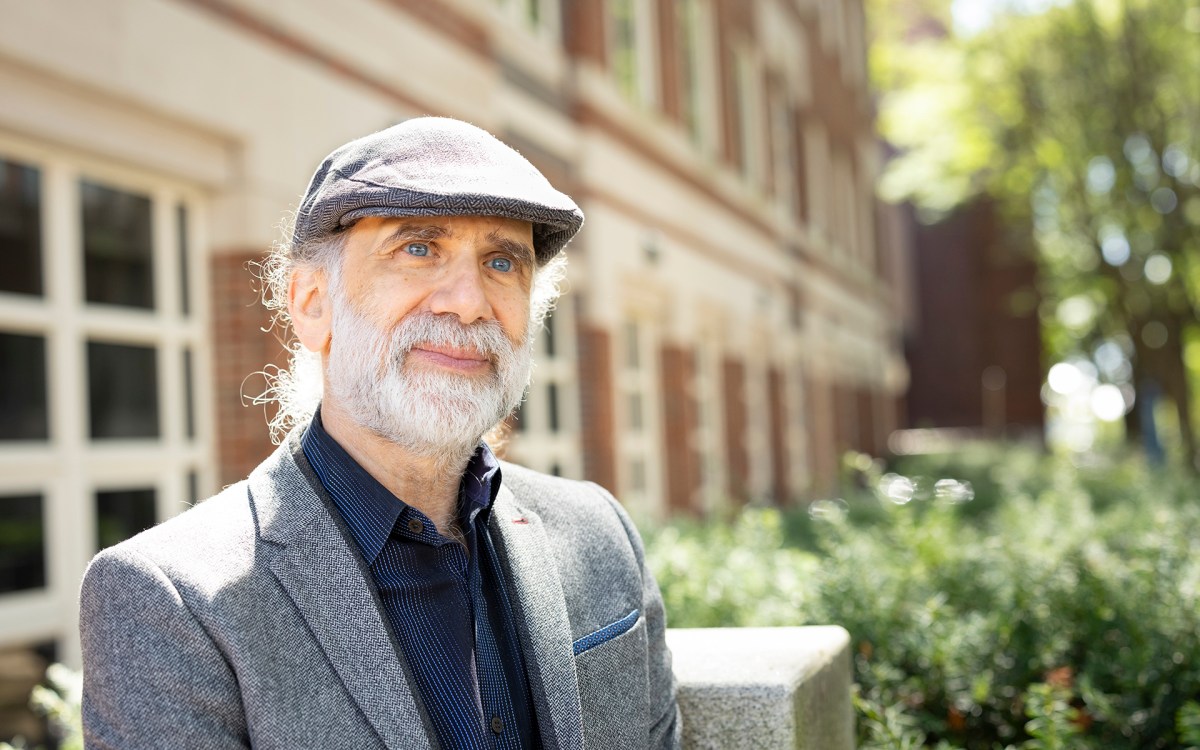
What if we used AI to strengthen democracy?
Surveillance, control, propaganda aren’t the only options, says security technologist
-
The Syria saga, explained
The Kennedy School’s Nicholas Burns, a former U.S. diplomat, discusses the crisis in Syria and where it is likely to lead.
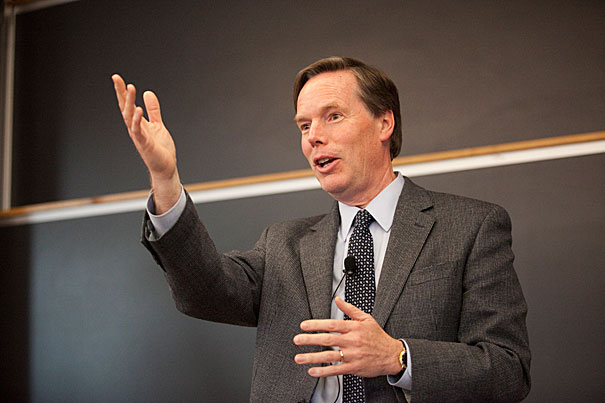
-
Hub away from home
Established in 2006, the São Paulo, Brazil, office of the David Rockefeller Center for Latin American Studies acts as a facilitator, connecting Harvard faculty and students with Brazilian collaborators.
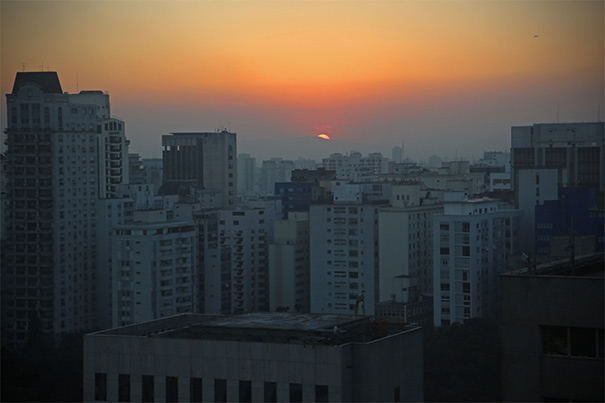
-
Who needed a stapler?
Harvard Professors Eric Mazur and Gary King, together with postdoctoral fellow Brian Lukoff, took an idea about how to change classroom teaching and created a company based on it. When the company sold last spring, it didn’t even own a stapler.
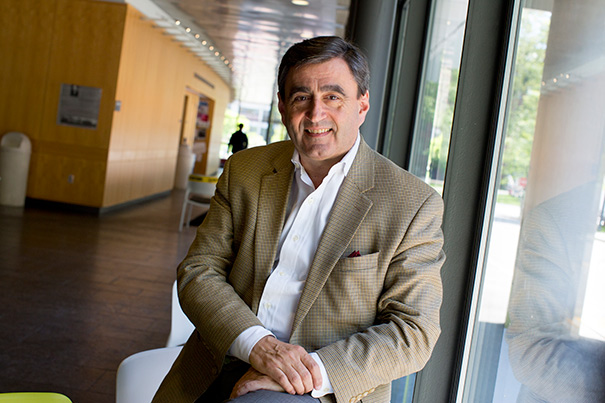
-
Slowing the work treadmill
Harvard Business School Professor Teresa Amabile compares much of work life to running on a treadmill. People try to keep up with the demands of meetings, email, interruptions, deadlines, all while trying to be more productive and creative, she says, yet on many days they seem to make no progress at all, especially in creative endeavors. Amabile suggests the answer is to do less.
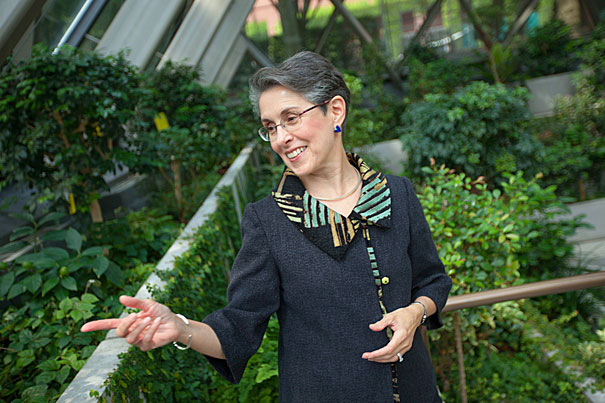
-
The dream, 50 years later
Thousands will join President Obama at the Lincoln Memorial on Wednesday to mark the 50th anniversary of the March on Washington and celebrate a powerful moment in the Civil Rights Movement. The commemoration stirs not only potent memories of that day, but for some with Harvard ties, mixed emotions about the march’s lasting legacy.
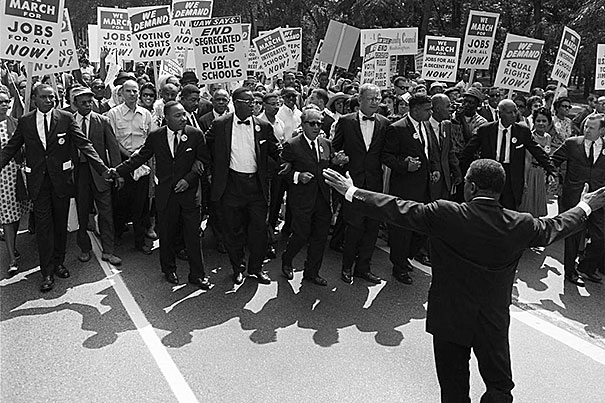
-
Egypt boils over
The Gazette spoke with Harvard’s E. Roger Owen, A. J. Meyer Professor of Middle East History Emeritus, about the build-up to chaos in Egypt.
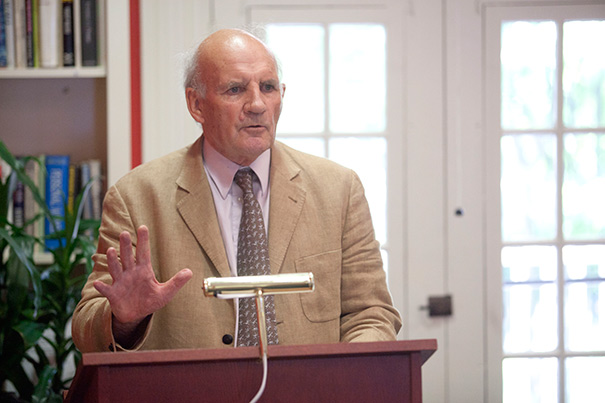
-
Deepening ties to Latin America
Harvard’s role in an increasingly connected world includes deep ties to Latin America, where faculty and students are engaged in a range of research projects and initiatives, from climate research in Brazil to disaster relief work in Chile to protecting Maya art and architecture in Honduras.
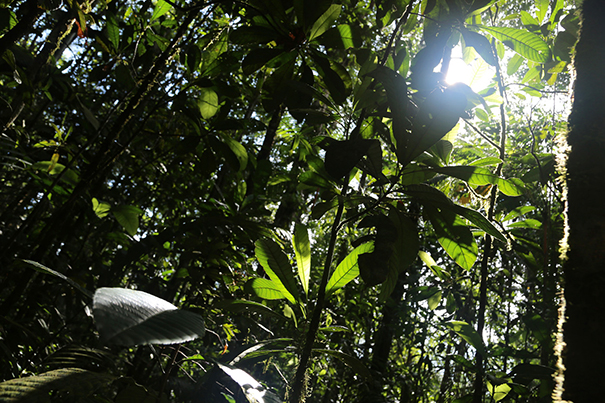
-
Snakes on the brain
In a presentation to an educators’ conference, HGSE’s Steven Seidel explored how joyfully blending the arts into education leads to successful teaching.
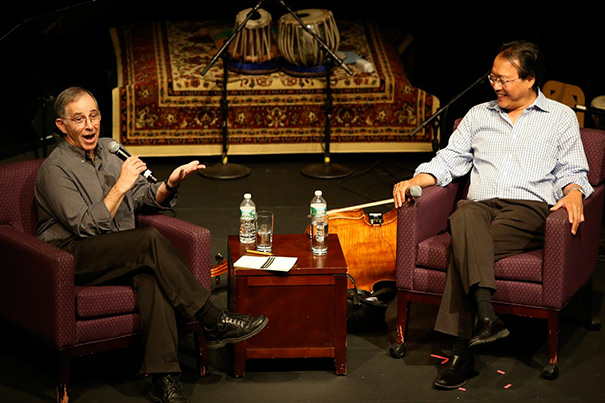
-
Truth in fiction
HBS Professor Joseph Badaracco trains students for the complexities of the business world by examining great works of literature.
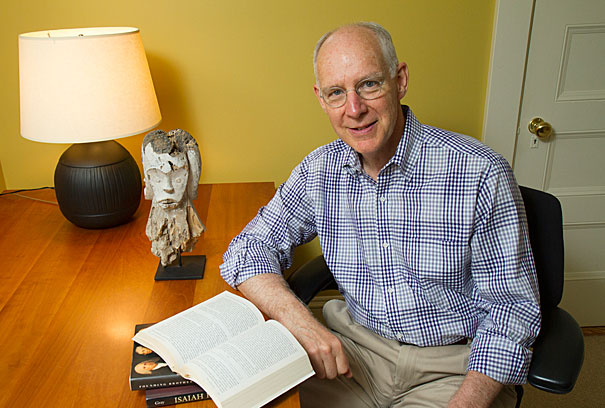
-
In the daily grind, inspiration
The Director’s Internship Program at Harvard’s Institute of Politics is proving that not all millennials doubt that government and politics can be used for good.
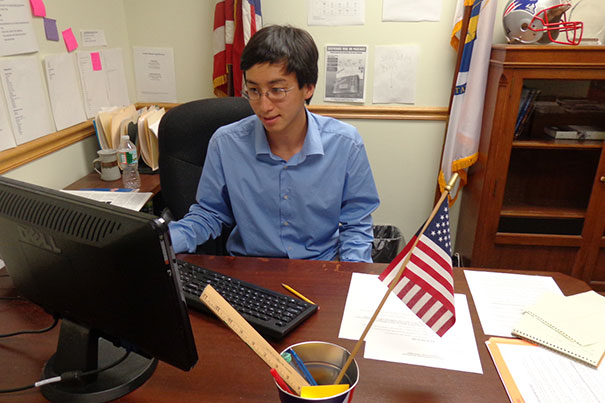
-
Targeting climate change
EPA Administrator Gina McCarthy on Tuesday promised that the Obama administration will “engage” on climate change issues during its last three years. Her policy speech at Harvard Law School was her first since being confirmed to the post.
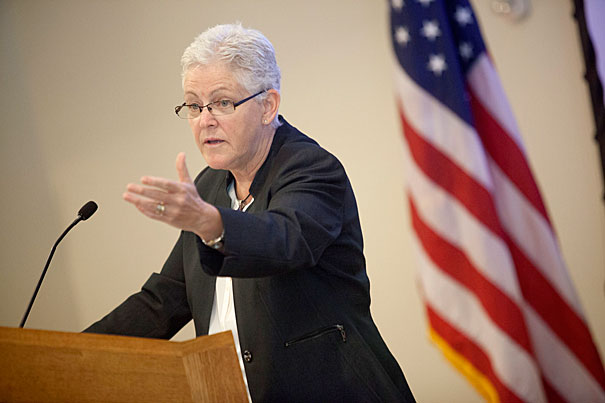
-
Tracking a cultural shift
Harvard experts examine high court rulings, as well as the political, cultural, and social factors that have ushered in a wave of support for marriage equality.
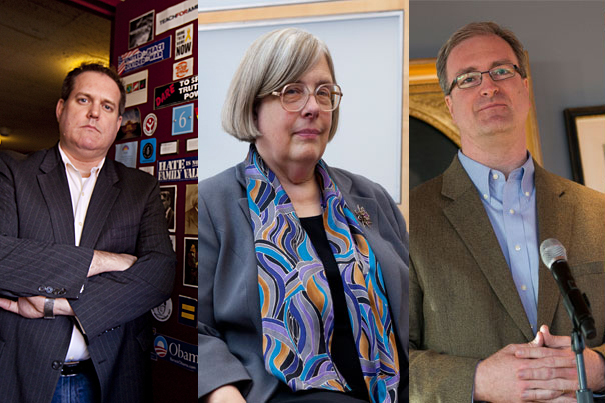
-
Affirmative action policies remain
The U.S. Supreme Court returned the question of affirmative action in college admissions to the lower courts for reconsideration.
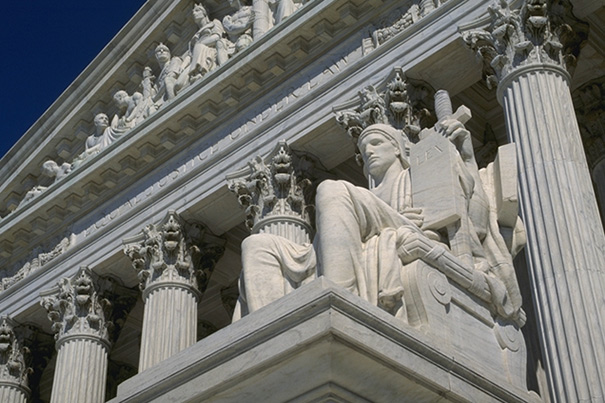
-
Reflections of James Meredith
Civil Rights activist James Meredith, who famously fought to be admitted to the segregated University of Mississippi in 1962, received the Harvard Graduate School of Education’s highest honor when he was awarded its Medal for Education Impact during its recent convocation.
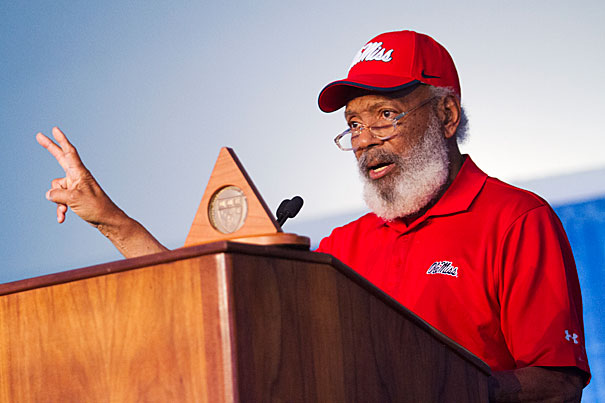
-
Reflections on justice delayed
Harvard History Professor Caroline Elkins discusses last week’s $30 million settlement in the long-running Mau Mau case, in which the British government apologized for colonial-era atrocities during Kenya’s Mau Mau rebellion.
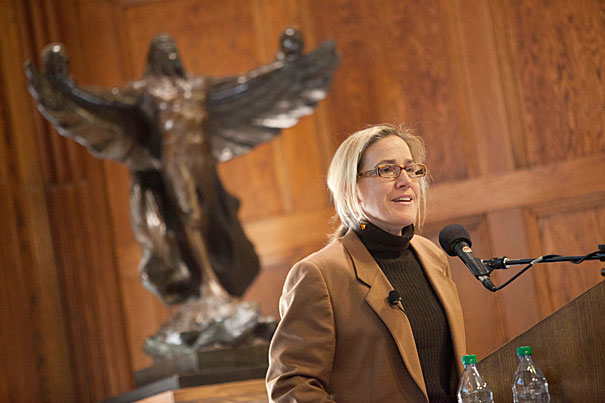
-
Q&A with new HGSE dean
James Ryan, one of the nation’s leading scholars in education law and policy, has been named dean of the Harvard Graduate School of Education. In a question-and-answer session, he explains his motivations, his work, and his goals.
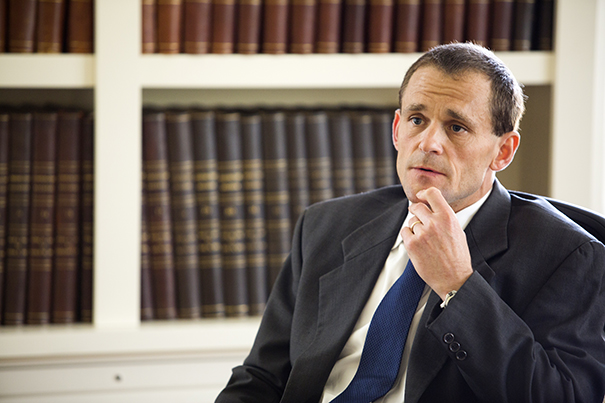
-
Varied offerings from HarvardX
From the Bible to Walt Whitman to the history of China, and from architecture to national security to clinical trials, HarvardX’s fall offerings feature a broad range of disciplines.
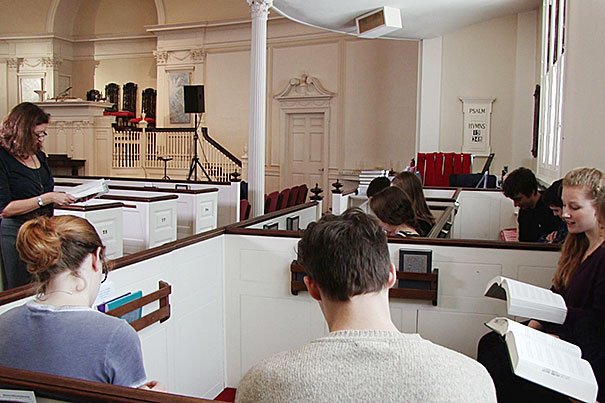
-
Take my passport, please
Patrick Harlan ’93 drifted into Japan on a Glee Club trip the summer after he graduated from Harvard and quickly found his way to the stage, becoming a well-known comedian and a regular face on Japanese television. Harlan talked to the Gazette about his offbeat journey.
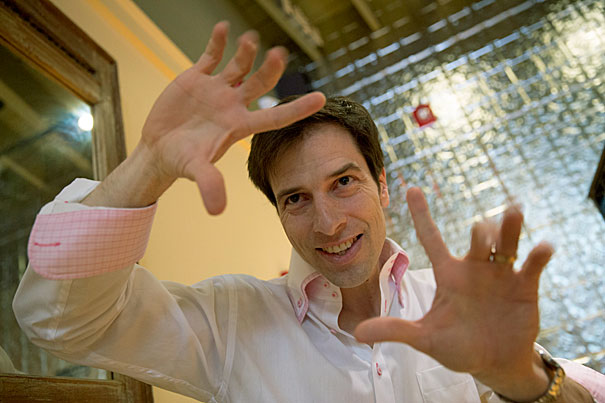
-
Take-home lessons
Viridiana Rios is a native of Mexico City. Rios, a graduating doctoral student in Harvard’s Department of Government, also is an adviser to Mexico’s minister of finance.
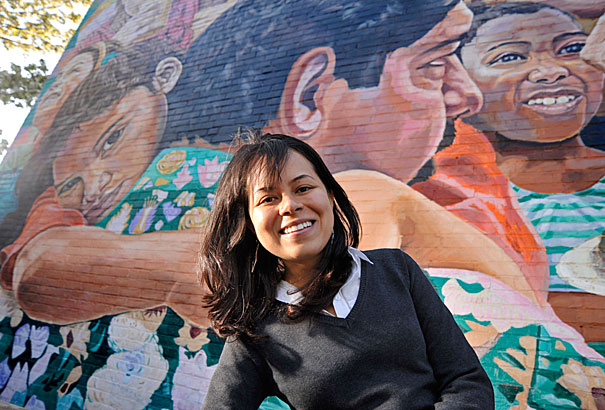
-
A vision of education for Kenya
Anne Bholene Akinyi Odera-Awuor, who is getting a degree from the Harvard Graduate School of Education, has grand plans to improve how schools operate in her homeland.
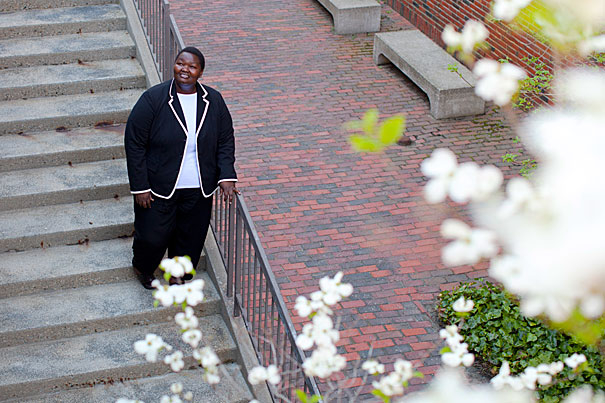
-
Triumph against long odds
He grew up poor in Prague, but Jirka Jelinek ’13 used his College years to learn, grow, and discover other parts of the world.

-
Across cultural borders
Suzie Verdin will graduate with a degree from the Harvard Graduate School of Education’s Arts in Education program, and hopes to use it to help people in immigrant communities connect with the arts.
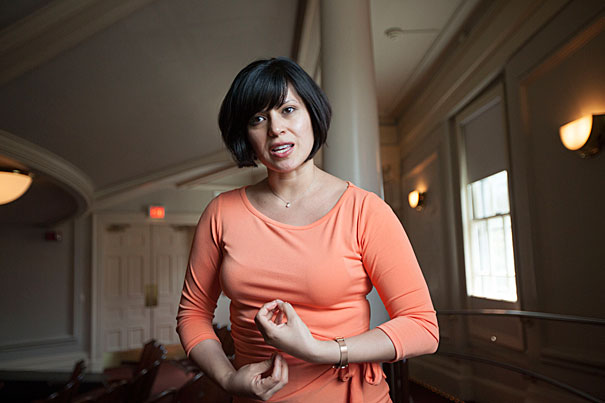
-
Waves of caring
A sexual abuse victim and champion surfer, Mary Setterholm plans to use her degree from Harvard Divinity School to help others find their way back.

-
Up from the ruins, slowly
Joyce Klein Rosenthal of the Graduate School of Design spoke to the Gazette about lessons from past disasters and possible first steps toward rebuilding following the devastation of last Monday’s massive tornado in Moore, Okla.
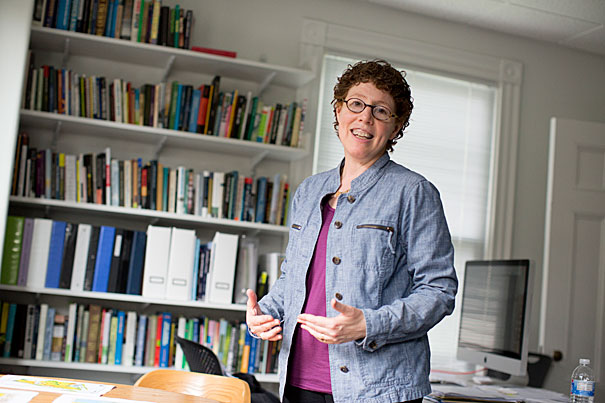
-
Light along a jagged border
Harvard researchers have combined new technology with old to better understand conditions in the war-torn border region between Sudan and South Sudan.
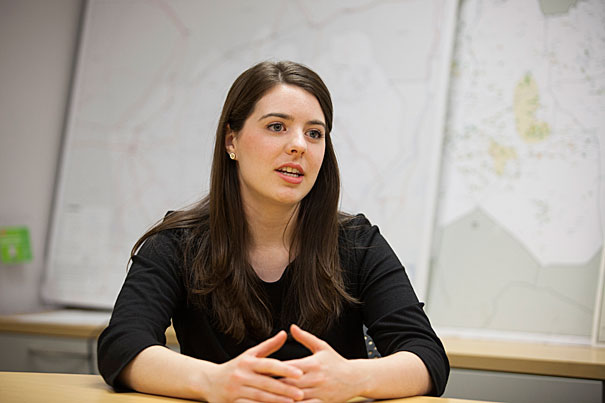
-
Cultivating community in Shanghai
Kate McFarlin, president of the Harvard Club of Shanghai, wears her dual enthusiasms for Harvard and China on her sleeve.
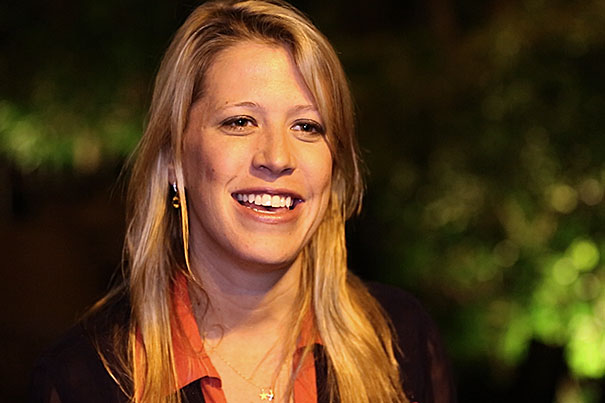
-
Speaking up for science
Former National Ocean and Atmospheric Administration administrator Jane Lubchenco described her four years in Washington, D.C., as difficult and frustrating, but said it’s imperative that other scientists follow suit to give science a voice in national policies.
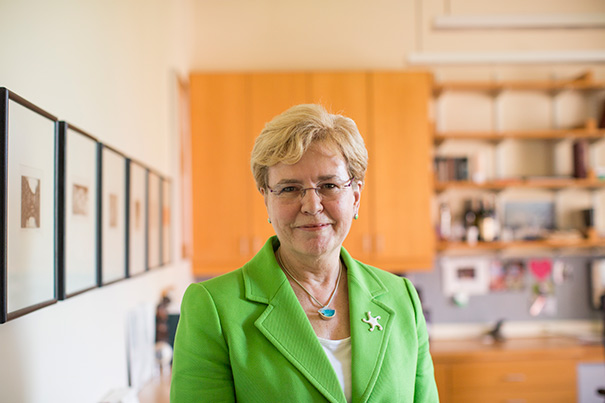
-
Toward a more competitive U.S.
At an event at Harvard Business School (HBS) that was three parts analysis and one part rally, participants tried to chart a new path forward for the sluggish U.S. economy — a move that may require a new definition of “competitiveness.”
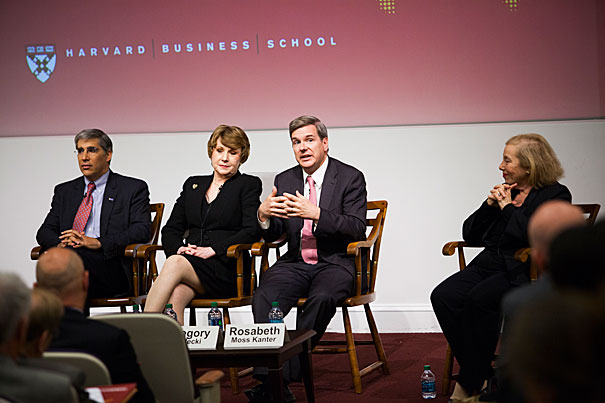
-
Refusing a ‘diminished self’
Former Ethiopian judge and political prisoner Birtukan Midekssa, at Harvard as a Scholar at Risk, argues that her native land — with its heritage of religious tolerance and its innate appetite for liberty — is ripe for democracy.
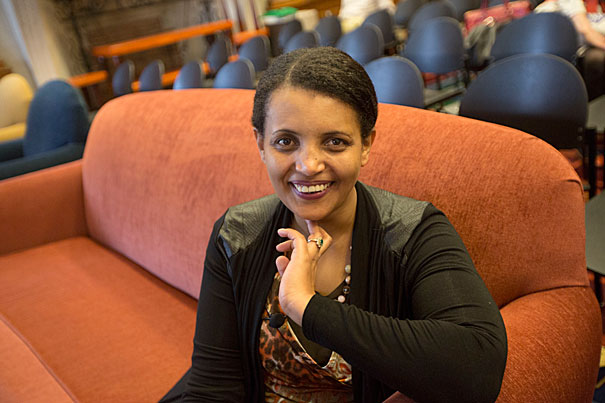
-
Education without limits
Salman Khan, the founder of Khan Academy, explained his vision for online learning during a GSE Askwith Forum.
